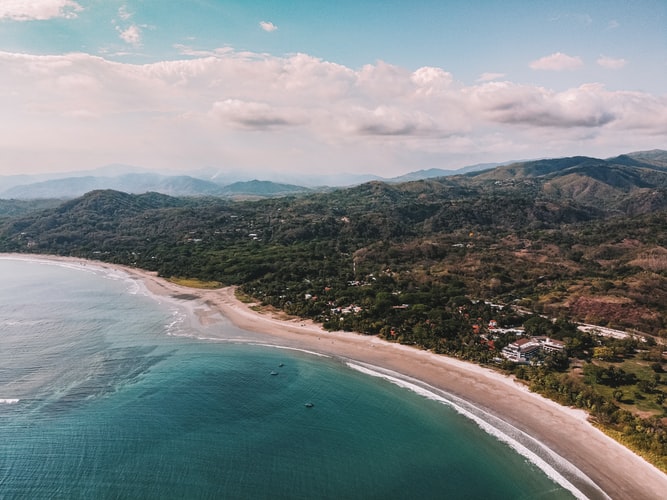
Costa Rican lawmakers have put forward a draft law to legalize the cultivation, production and sale of industrial hemp and medicinal marijuana.
The proposal was published last month after it was approved by lawmakers on the Environment Commission of the Legislative Assembly, online news outlet El Mundo CR reported.
The draft law comes after the launch of a project last year by the country’s Ministry of Foreign Trade to examine the commercial benefits of developing the hemp industry, according to an analysis from Valeria Grant, an associate at the Central American law firm Arias.
According to Grant, the bill would:
- allow Costa Ricans to cultivate, produce and market industrial hemp, its products and by-products without any previous or extra authorization. Those in the cannabis space would be subject to an official registration and “periodic inspections by the competent authorities.”
- require three kinds of pre-authorization for the production of “psychoactive cannabis”:
- A license for cultivation, production and related activities from the Ministry of Agriculture and Livestock.
- A license for the manufacture and processing of medicines, cosmetics, essential oils and other products for medical or therapeutic use from the Ministry of Health.
- A permit for research or university teaching activities from the Ministry of Health.
- impose a 5% tax on net income for all cannabis industry businesses.
- allow domestic production by individuals for medical or therapeutic purposes, so long as certification of the patient’s condition is obtained under Ministry of Health guidelines.
The legislation foresees the creation of regulations within six months of the law’s passage to determine the fees for licenses and permits; a traceability system coordinated by the Ministry of Health, the Ministry of Agriculture and Livestock and the Costa Rican Institute on Drugs; and the registries of producers and manufacturers.
Included in the bill is a section on crime and how to handle violations of the law, as well as a chapter on incentives for producer organizations and small businesses, Grant wrote.
According to the El Mundo CR report, the bill requires a final review and approval before being brought forward for debate in a plenary session.


